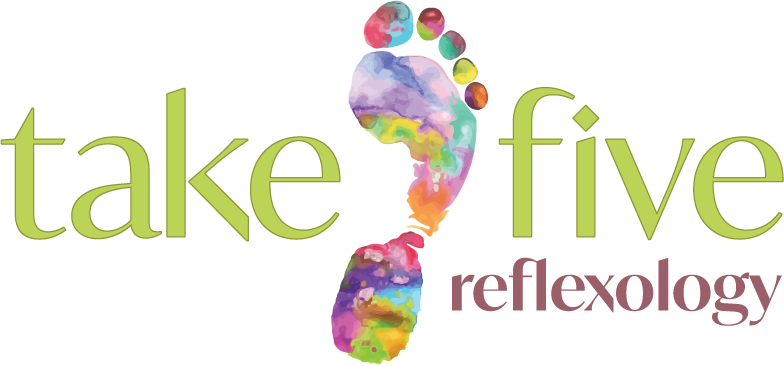Is a Complementary Practice right for you?
In her book “Healing Energy Vampires” Dr. Christiane Northrup, MD has a couple of interesting pages, (157 and 158) where she talks about seeking health care as a person highly sensitive to standard medications. If this sounds like you, she suggests “….healing approaches based on quantum energy, rather than chemical or surgical intervention. Homeopathy, acupuncture, massage, …………. Conventional medicine is excellent for accidents, trauma, joint replacements, and life-threatening emergencies, But it falls far short when it comes to maintaining health or treating chronic conditions…..”
Did you know that in 2024
75 to 90% of all doctor's office visits were for stress-related ailments and complaints.
Stress can play a part in problems such as headaches, high blood pressure, heart problems, diabetes, skin conditions, asthma, arthritis, depression & anxiety.
Chronic pain is becoming a more common health condition in the U.S., now affecting nearly 1 in 4 adults.
What role can reflexology play in your health plan as a complementary practice?
Reflexology is one of many ways to encourage your body to heal itself, it is
Recognized worldwide by national health institutions and the general public as a distinct complementary practice within the holistic health field.
Supported by over 300 global research studies, including three grants( of several million dollars each) funded by the National Cancer Institute (NCI) to test the efficacy of reflexology on breast cancer patients.
Recognized by the National Center for Complementary and Integrative Health (NCCIH) as a separate integrative therapy.
Reflexology can be used anywhere and at any time. You can visit a qualified practitioner, practice self-reflexology, or even share it with your loved ones with simple techniques.
By applying pressure to specific points on the hands and feet, reflexology aids in the reduction of tension and stress, promotes relaxation, aids in detoxification, and helps increase and improve circulation
It can be used to reduce pain, aid recovery from injury, particularly injury to the feet or hands, and help maintain health in a preventative way including manual dexterity and locomotive abilities
If you are under the care of a healthcare provider for a health issue at this time, please let them know that you are receiving, or thinking about receiving reflexology, If your provider would like to learn more about reflexology I invite you to share this webpage with them, especially the PRESS section with links to studies and articles about reflexology.
But wait, are you saying this is medicine? - let me tell you what reflexology is NOT.
I am not a doctor, nor do I practice medicine
I do not diagnose or treat any specific illness or injury
I do not prescribe or adjust medication
I do not tell you to start or stop any other treatment or therapy plan
Reflexology is not a substitute for medical treatment but is a complementary therapy.
A reflexology session is not a cure, it encourages the body to heal from the inside out.
If you are experiencing any specific medical problem(s) and have not seen your medical provider, I recommend you make an appointment as soon as possible.
